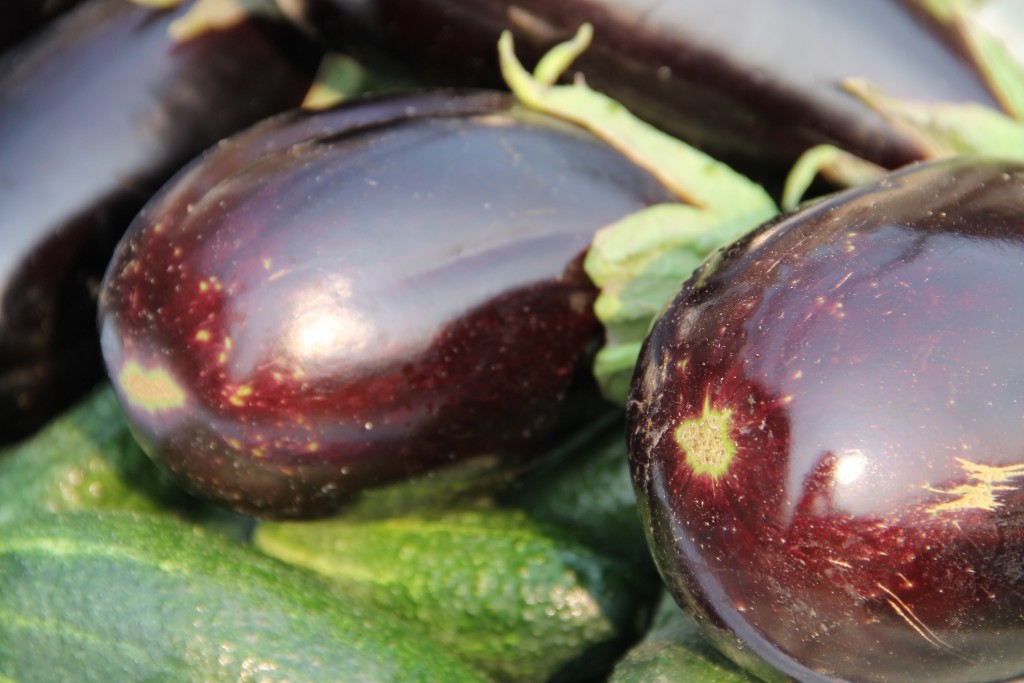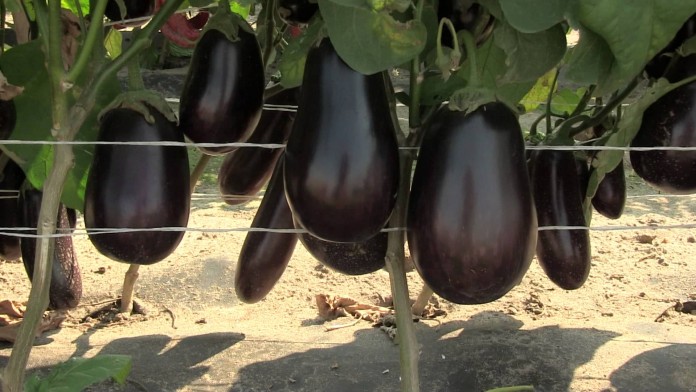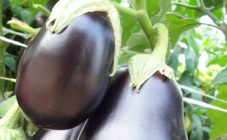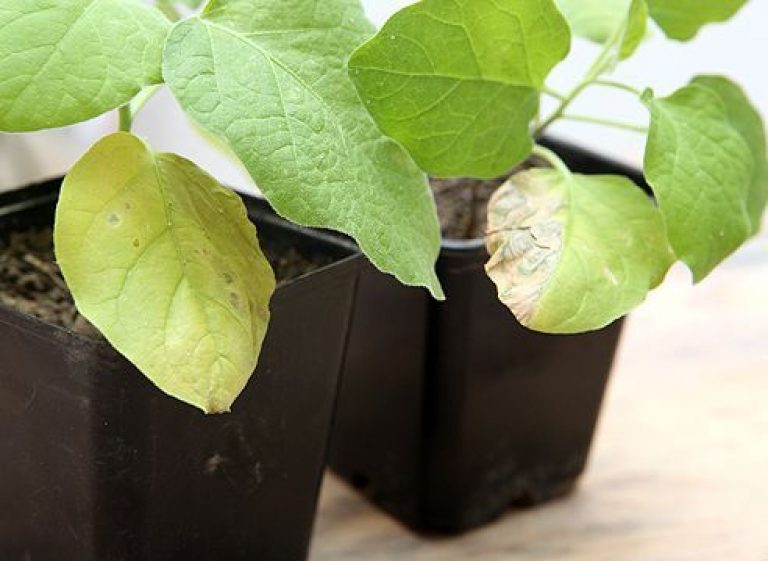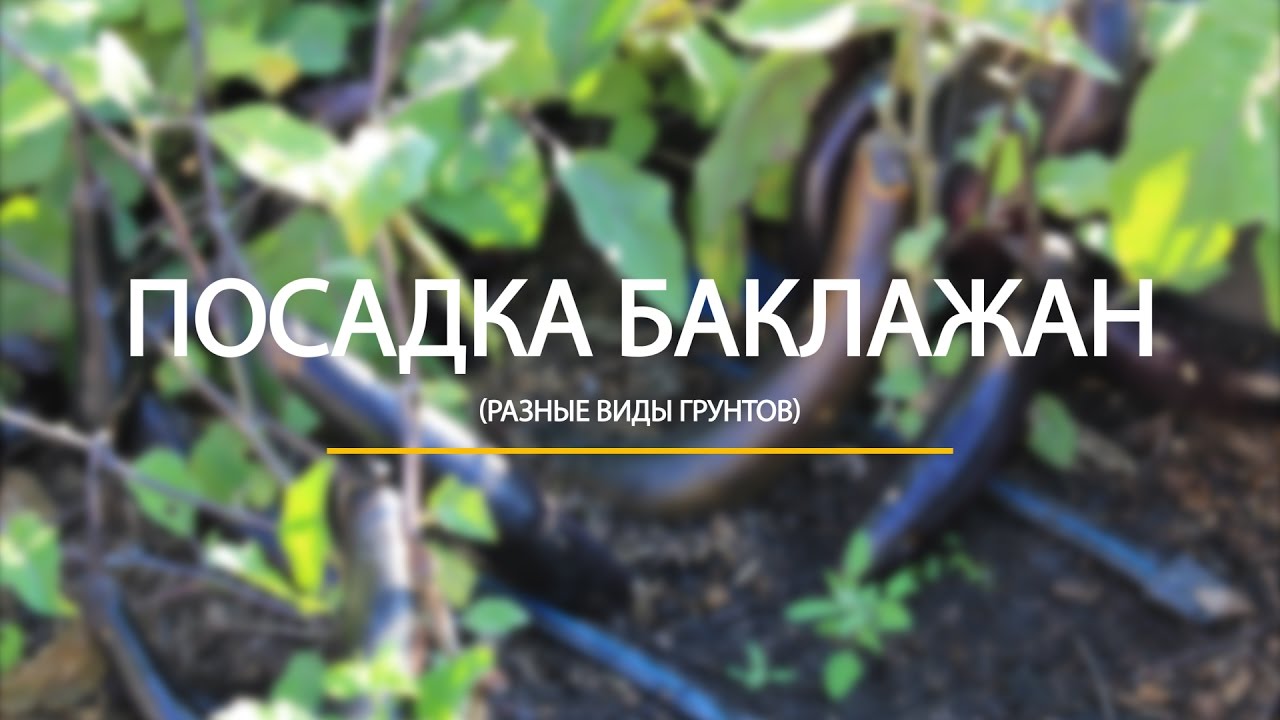Content:
Growing eggplants in the middle zone of Russia is a very difficult task. This is a very thermophilic culture. It is grown through seedlings. Eggplants absolutely do not tolerate even short-term exposure to negative temperatures. Despite all the difficulties of growing, amateur gardeners achieve good harvests. The main thing is to protect the plant from pests. Eggplants are often affected by aphids, spider mites, whiteflies, and other pests.
Aphids are a dangerous flea that colonizes the leaves and stems of the plant, while sucking out the juices. Causes significant harm to both eggplant and pepper seedlings and adult plants. Can completely destroy crops. Plants in the greenhouse are more vulnerable, where favorable conditions for the reproduction of aphids are created (high temperature and humidity).
Aphids on eggplant, signs of appearance
In order to understand that not everything is in order with the plants, you do not need to be seven spans in the forehead, it is enough to pay attention to their condition. The main signs of plant damage by aphids are as follows:
- ants running along the stems, which carry aphids, feeding on sweet syrup, we produce it;
- sticky leaves, because as a result of the aphid's vital activity, a sweet secret is released - honeydew;
- twisted leaves, deformed young shoots;
- the presence of aphids and their eggs on the underside of the leaf.
Aphids on eggplant seedlings - what to do
Pest control is more effective at an early stage of plant damage. Aphid colonies grow rapidly and eat the plant, causing significant damage to it. When the first signs of damage appear, it is necessary to urgently take measures to destroy the pest and save the future harvest.
Reasons for infection
- High temperature in the greenhouse (especially at night);
- High humidity in the root space;
- Contaminated soil.
How to get rid of aphids on pepper and eggplant seedlings?
Traditional methods are usually used for prevention and with minor damage to plants, when the problem is detected at a very early stage.
How to deal with aphids on eggplant at home?
- The most common method is processing the plant using household (72%) or tar soap. To prepare a solution for 1 liter of water, add a tablespoon of soap shavings. It is better to insist the soap solution for several hours. Particular attention is paid to the processing of the underside of the leaves.
- Infusion of onions and garlic. One onion and two heads of garlic are chopped and added to 0.5 liters of water with the addition of a tablespoon of baby shampoo or soap. The present solution is used for processing.
- Vinegar. Table vinegar repels aphids with a pungent smell. For 10 liters of water, 200 ml of the product is consumed. The plant is treated every 3 days for 3 weeks. Similarly, you can use ammonia. For a bucket of water 10 ml of ammonia.
- Ash processing. Sifted ash is poured into the root zone or treated with a decoction of ash (at the rate of 300 g of ash per 10 liters of water).
- Treatment of plants using hot pepper (100 g of pepper per 10 liters of water). The solution is infused for 2-3 days. Processing is carried out 3-4 times with a break of several days.
- Infusion of celandine.Crushed celandine is infused in a small amount of water (preferably with the addition of soap shavings) for 2-3 hours. Then the plants are sprayed.
- To fight, decoctions from the tops of tomatoes, wormwood, tansy are used. The broth is boiled for half an hour. Next, 1 glass of the resulting solution is added to 800 ml of water.
- Tobacco. Tobacco leaves (200 g) are infused in 5 liters of water during the day.
- Folk methods are used repeatedly, alternating between different compositions, thus eliminating the addiction of the pest.
Thus, when aphids appeared on eggplant seedlings and what to do here, this issue can be resolved using the indicated methods and means.
Aphid control by chemical methods
The use of chemicals is carried out in accordance with the manufacturer's instructions, in compliance with safety measures and concentration of substances. Insecticidal preparations may be used directly when planting seedlings. The use of the poison at other stages of the growing season is prohibited. The following tools are used successfully:
- Aktara. Processing is carried out twice with a break of one week. One ampoule is diluted in 10 liters of water. Affected plants are irrigated with the diluted composition. Irrigation is carried out using protective equipment, because the substance is very toxic.
- Karbofos. One tablespoon of the drug is diluted with 10 liters of water. Treat the plants with the resulting solution twice with an interval of 7-10 days.
- Fufanon: used to treat plants with a ready-made solution - 5 ml per 2 liters of water.
- Intavir is a synthetic analogue of natural poison. In its natural form, the substance cypermethrin is found in the flowers of chamomile, chrysanthemum, tansy, it provides plants with reliable protection from insects. Spray with the solution twice a week apart.
Biological methods - products based on plants. Fitoverm-M is effectively used against caterpillars, ticks, aphids and thrips. A 2 ml ampoule is diluted in 4 liters of water.
Akarin - to prepare a solution, 2 ml of acarin are diluted with 4 liters of water.
Natural enemies of aphids are ladybugs, hoverflies, lacewings, and ground beetles. To attract hoverflies to the garden, planting daisies and fennel are used. Ground beetles love amaranth and nightshade. The lacewing prefers shade and fern thickets. Birds and aphids are well dealt with: sparrows, tits, linnet and warblers. For birds, you can build birdhouses, then they will live in the garden and fight pests.
Prevention
Use for planting high-quality, non-contaminated soil. Periodic inspection of plants and detection of aphids in the early stages, when the fight is more effective and easier to succeed. For prevention, you can plant garlic, onions, tomatoes, fennel, aromatic herbs (basil, mint or lavender).
Indisputable evidence that all the work done by the gardener was done correctly and on time - there will be a good harvest of a healthy vegetable with the juicy name of eggplant.


